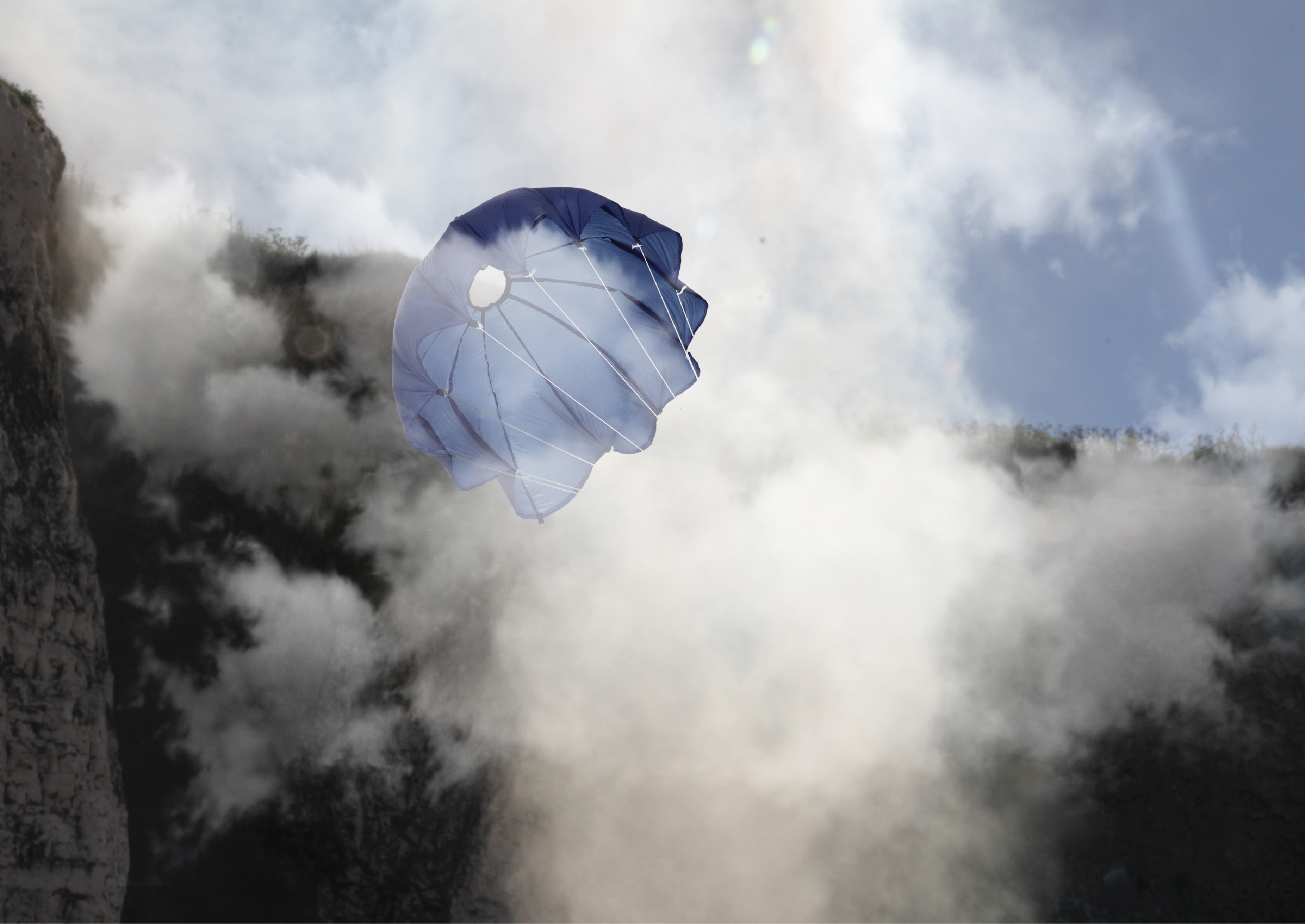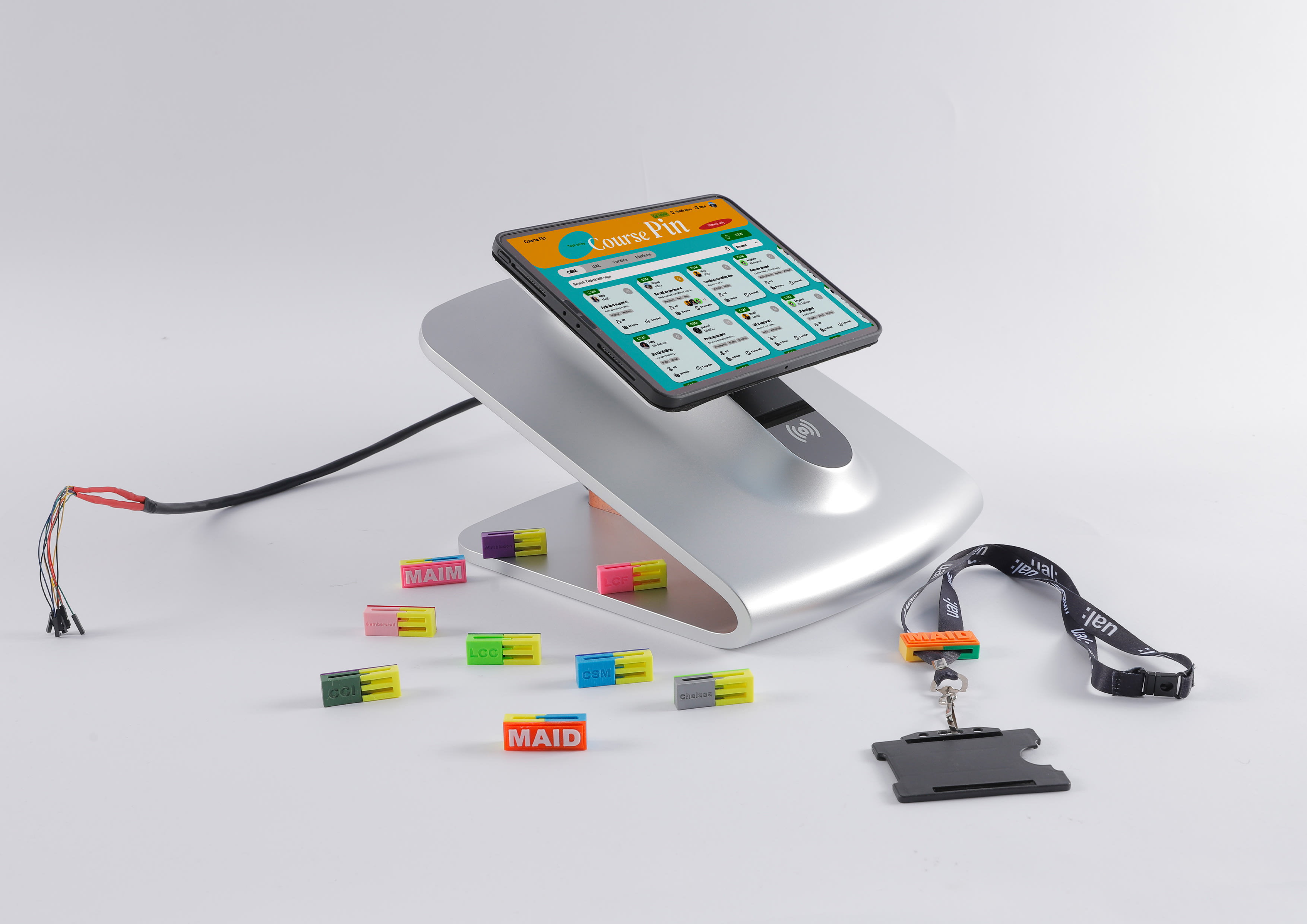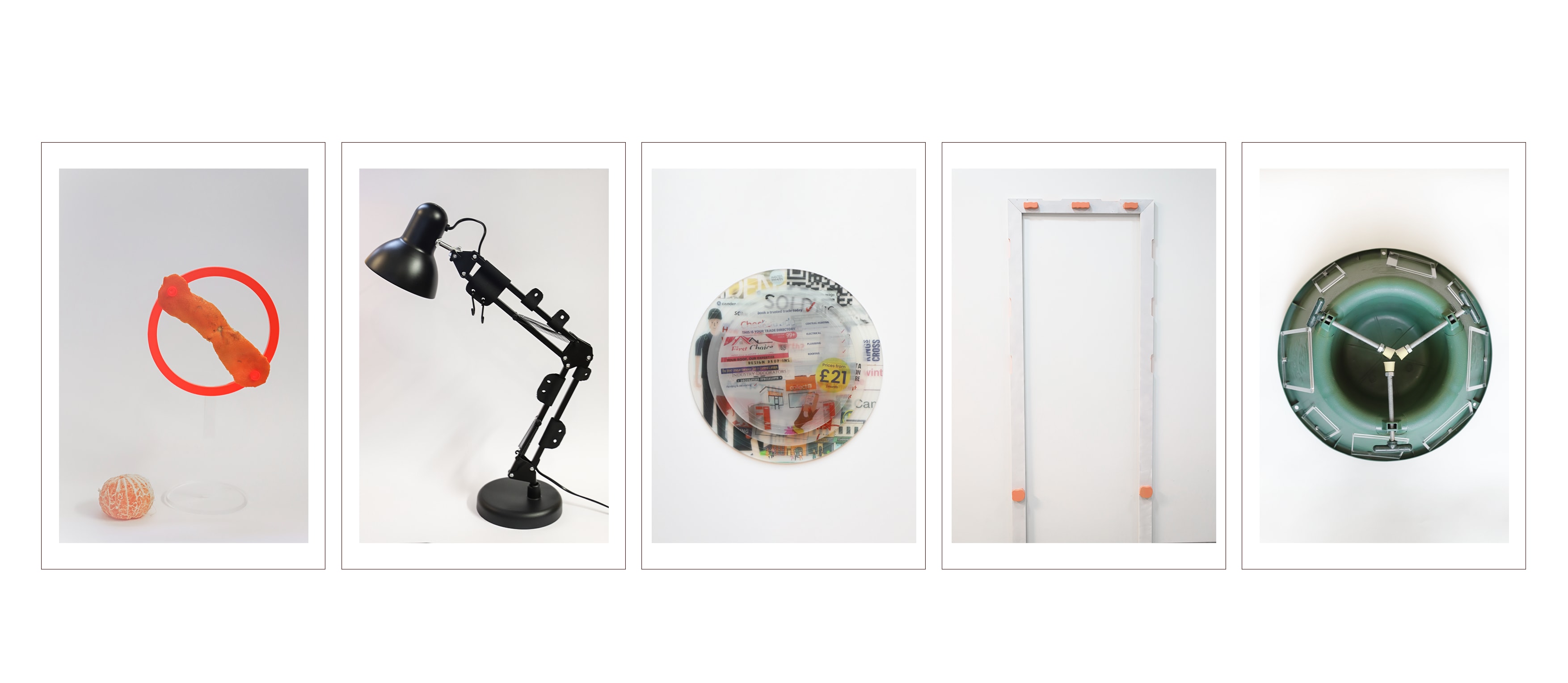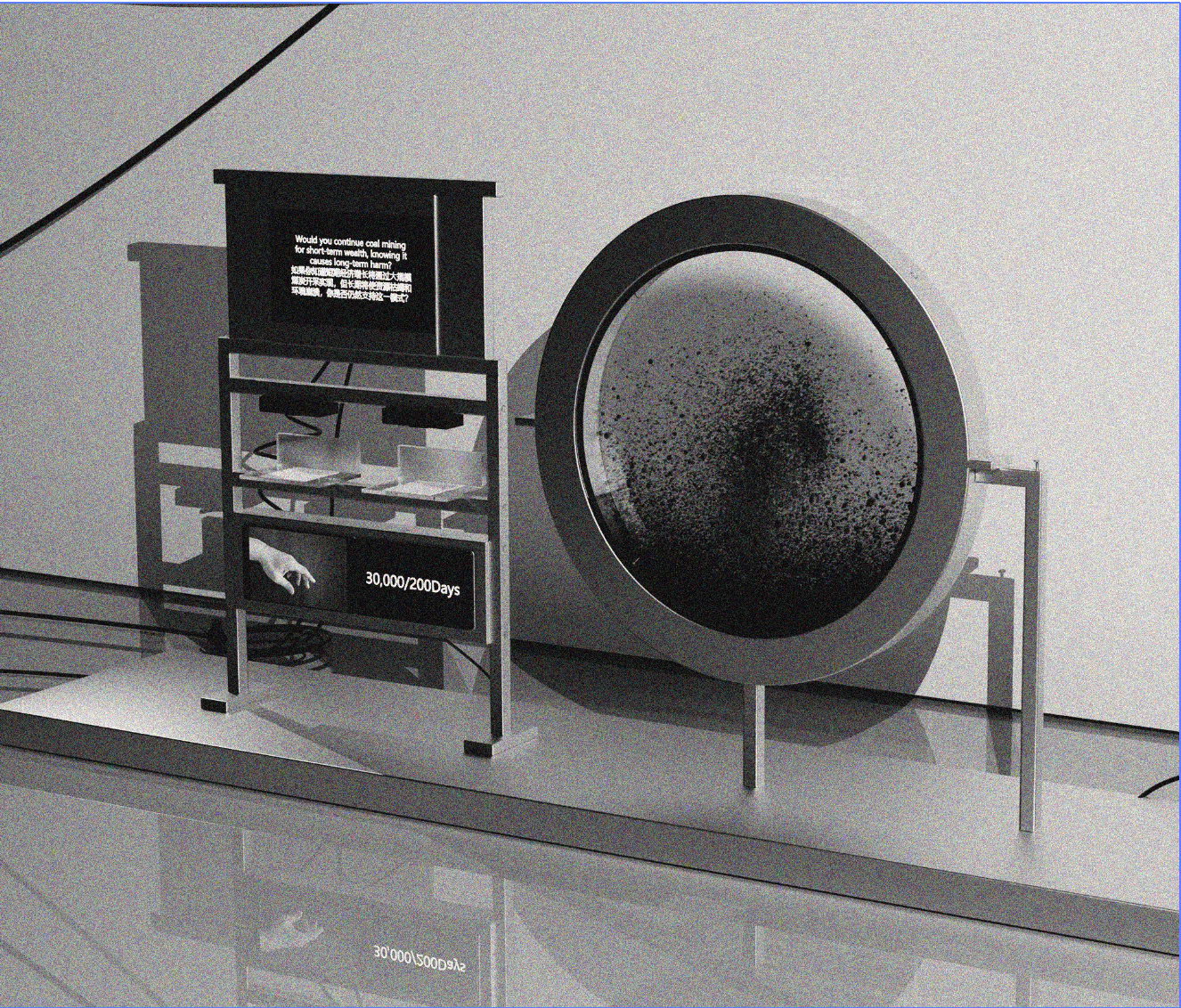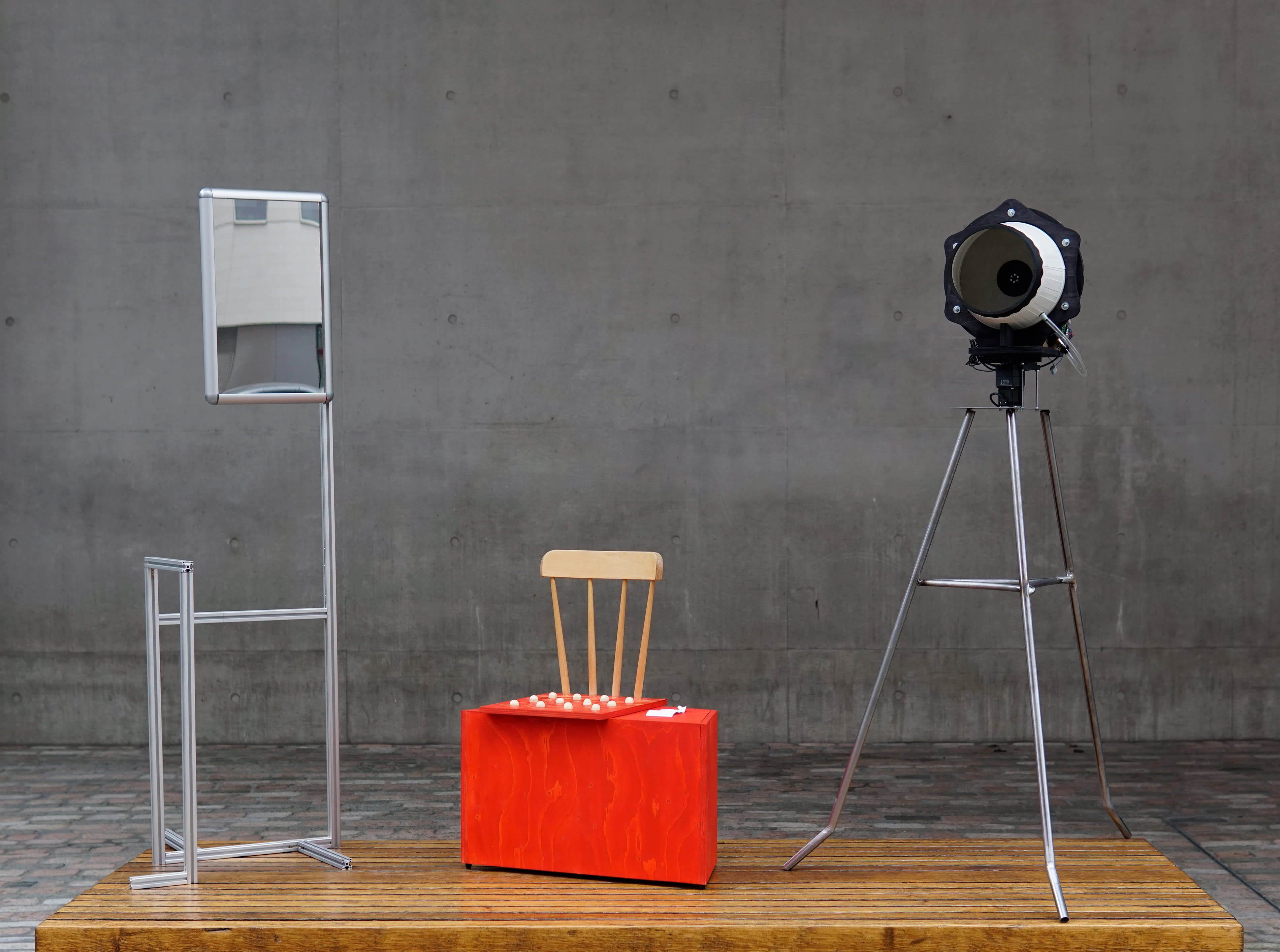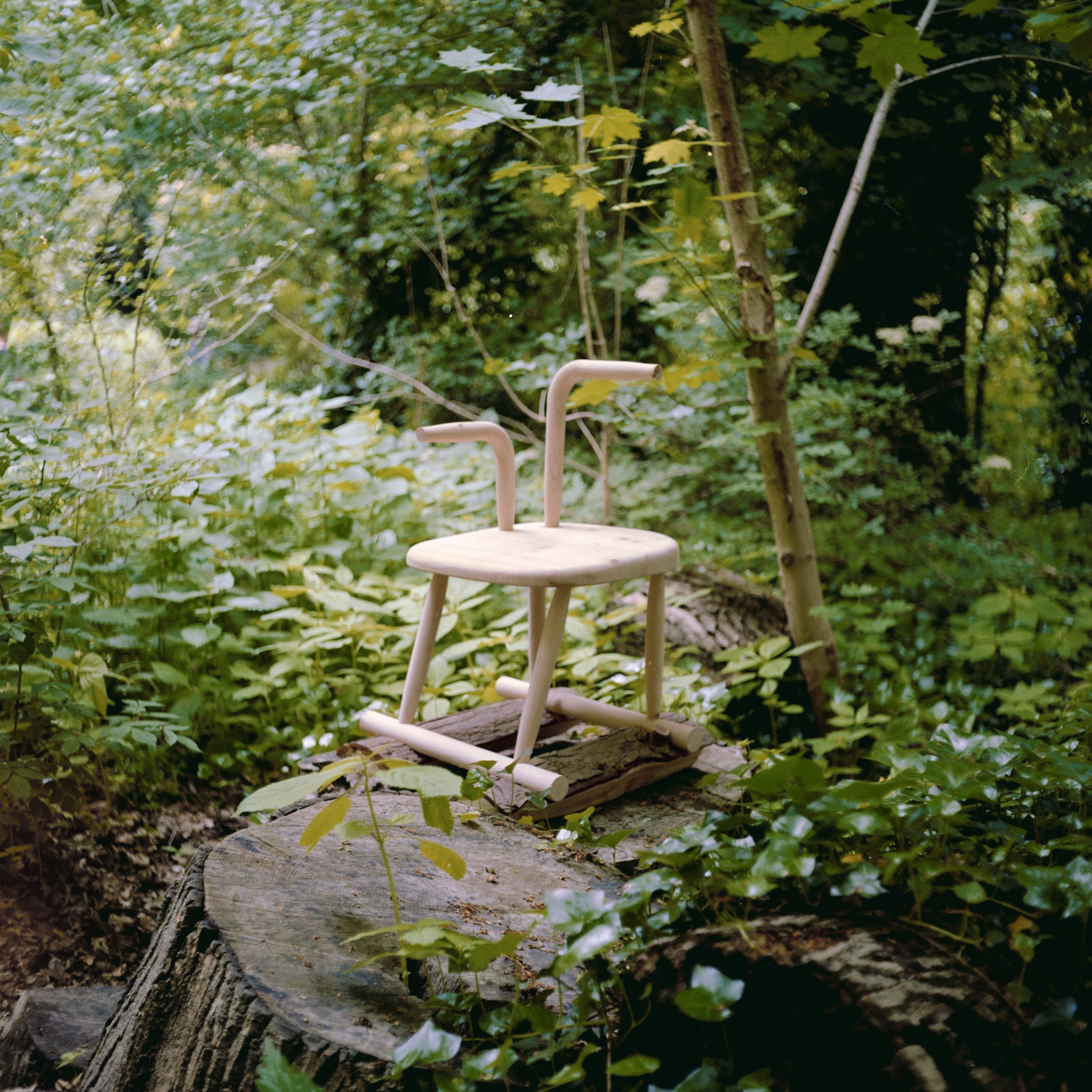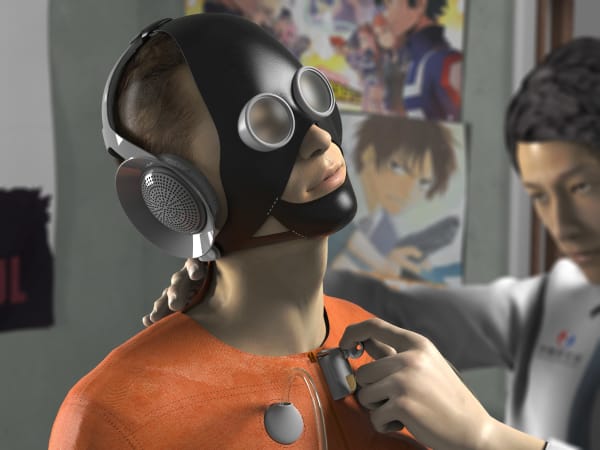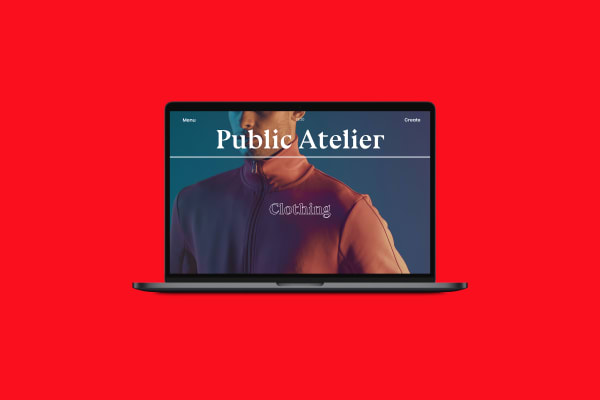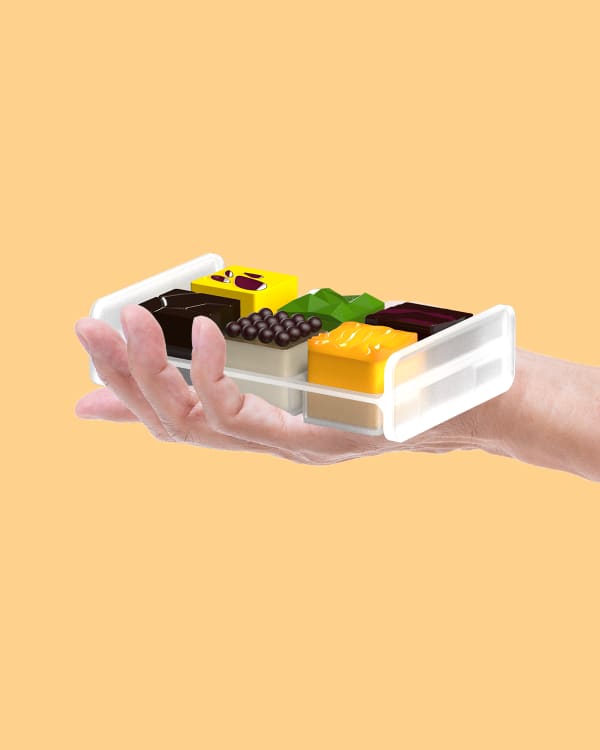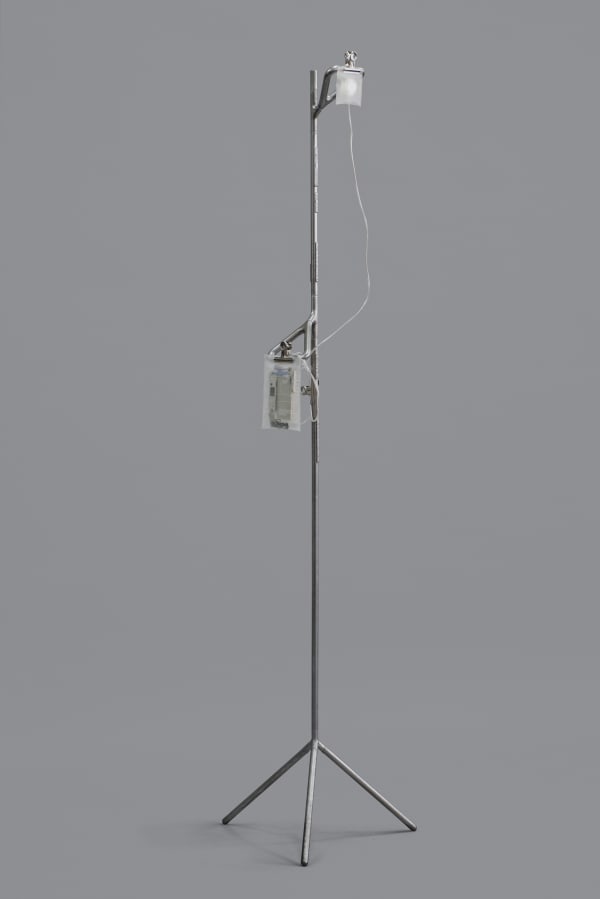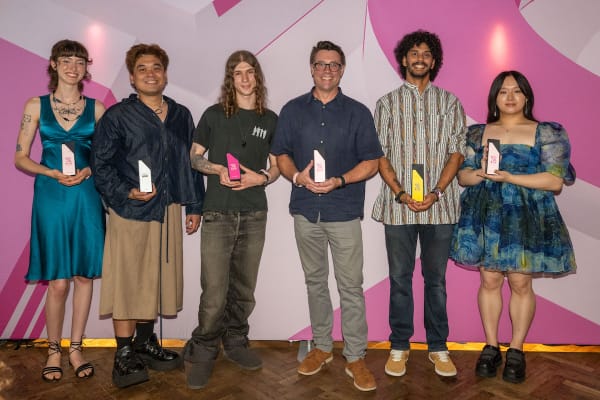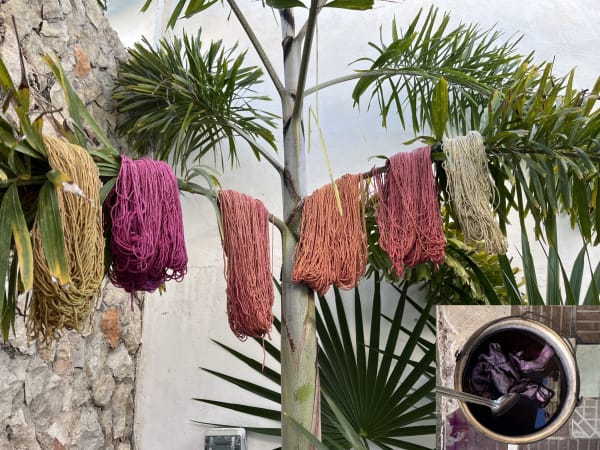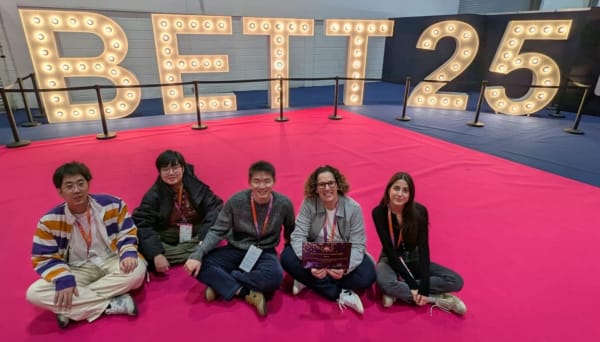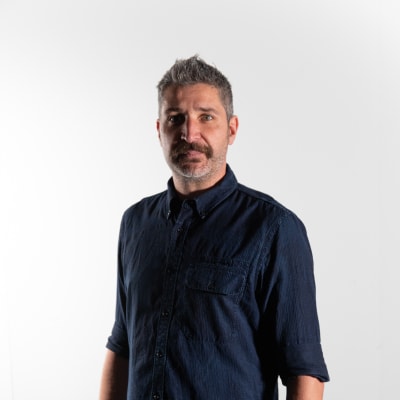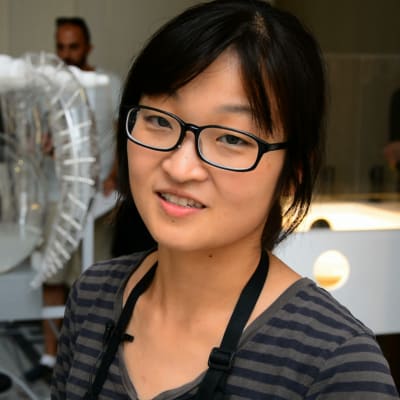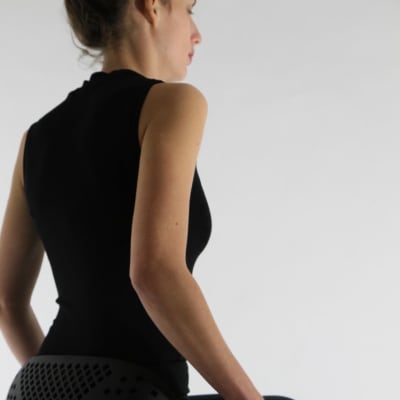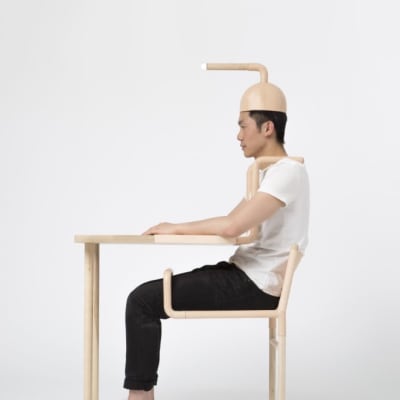Course units
The MA Industrial Design curriculum engages what we describe as emphases in practice. These locate forms of industrial design practice and allow you to challenge, question, and advance the discipline. Each emphasis promotes the view that people should be at the centre of the design process. The course develops innovative approaches to understanding users and their wants and needs. Recently, this has included the development of design methods informed by theatre and performance, storytelling and scenario building; used as research, ideation and communication strategies. You will explore relationships between people, design, emerging technologies and behaviours and the impact and consequences of design work in different contexts. These approaches are embedded in studio projects, allowing you to work with anthropological design methods and processes informed by principles of sustainable development.
Industrial design for enterprise
This emphasis positions industrial design as a commercial practice. Here, innovation and entrepreneurial thinking provide solutions which meet the needs of real people. It is responsive to new commercial conditions – from start-ups to established multinational businesses. As part of this area of study, you will question existing industrial paradigms, professional roles, opportunities for manufacture and routes to market.
Industrial design for publics
This emphasis applies industrial design processes to societal issues. It considers the dynamic challenges that require new ways of thinking and doing. Industrial design for publics applies co-design and participatory design methods. Problem stakeholders are engaged in the design process to jointly frame and tackle such challenges. It is a form of design-led social innovation. In this context, we encourage the development of links with social enterprises, government, local authorities, charities, and NGOs.
Industrial design for service
This emphasis explores the discipline from a strategic perspective. You will work with different disciplines and explore processes for the service and interaction design sectors. Taking a user-centred and systemic view, you will focus on the design and evaluation of multi-media, multi-modal and multi-platform interactions that support user experience through physical, digital, and hybridised products.
Industrial design for discourse
This emphasis explores design as a form of critique and speculation within disciplinary, scientific, and societal frames. In this context, designers reflect on the role of design in society. In doing this, designers challenge established discourse, presenting alternatives for the field. In this emphasis you will question the discipline itself and how it engages in processes of critique and world making.
Industrial design horizons
This emphasis explores signs of important developments in industrial design practice. This is done through an examination of potential threats and opportunities. It explores novel and unexpected disciplinary developments including matters at the margins of current professional and disciplinary thinking. The aim is to develop strategies for anticipating future developments and thereby gain lead time providing learning experiences, research and knowledge exchange activities that are at forefront of disciplinary practice. Examples might include regenerative design, computational technologies, and Industry 5.0.
MA Industrial Design consists of four units, each of which is structured around studio projects. Unit 2 is a collaboration with another student group at CSM. They are devised to allow you to adopt a strategic and proactive role within the discipline.
Unit 1: Methodological and Critical Approaches to Design
This unit is made up of a series of projects which vary in length. These will introduce you to a variety of research methods and issues relevant to the discipline. These are implemented in the realisation of design work.
Unit 2: The Collaborative Unit
The aims of this unit are to explore the potential of collaborative practice and to equip you with the ability to apply interdisciplinary approaches through collective agency. It supports you in building communities of practice across the College, drawing on interdisciplinary expertise and group working methods from a breadth of disciplines. The unit explores how relational and networked-based practices can create positive impact, based on a shared concern for a specific place, space or community of humans and non-humans, in order to create common and shared well-being (social, economic and environmental).
Unit 3: Positioning and Professional Practice
Unit 3 reviews professional design practice by engaging external agencies and expertise. You will reflect on this activity through design practice.
Unit 4: Self-Directed Design Research
This unit requires you to specify, manage, implement, and evaluate a self-directed design project informed by themes and issues identified in Unit 3.
Important note concerning academic progression through your course: If you are required to retake a unit you will need to cease further study on the course until you have passed the unit concerned. Once you have successfully passed this unit, you will be able to proceed onto the next unit. Retaking a unit might require you to take time out of study, which could affect other things such as student loans or the visa status for international students.
CSM Academic Support is delivered by a team of academics and practitioners working alongside your course to help you progress and achieve your maximum potential as a student. Academic Support can help you to develop your skills in different areas, including critical thinking, research and writing, time management, presentations and working independently and collaboratively. These may be offered as part of your timetabled classes or as bookable tutorials and workshops.
Mode of study
MA Industrial Design is offered in extended full-time mode which runs for 60 weeks over two academic years. You will be expected to commit 30 hours per week to study, which includes teaching time and independent study.
The course has been designed in this way to enable you to pursue studies, while also undertaking part-time employment, internships, or care responsibilities.
Credit and award requirements
The course is credit-rated at 180 credits.
On successfully completing the course, you will gain a Master of Arts (MA degree).
Under the Framework for Higher Education Qualifications, an MA is Level 7. All units must be passed to achieve the MA, but the classification of the award is derived from the mark for the final unit only.
If you are unable to continue the course, a Postgraduate Certificate (PG Cert) will normally be offered following the successful completion of 60 credits, or a Postgraduate Diploma (PG Dip) following the successful completion of 120 credits.
